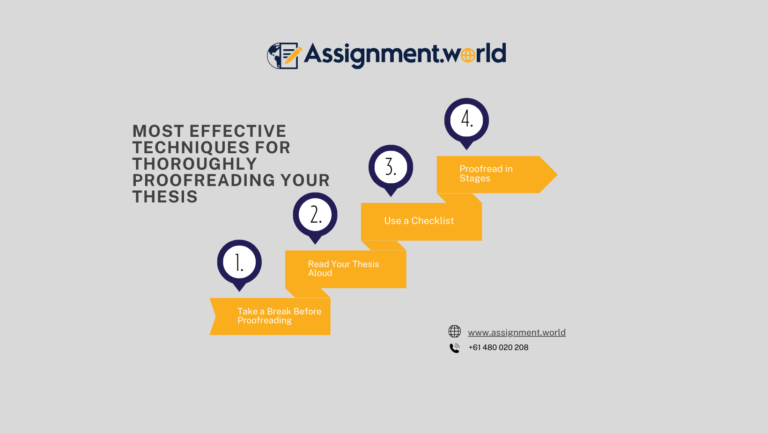AI-Powered Conference Planning: Tools for Seamless Academic Events
In today’s fast-paced academic environment, organizing Conference Planner conferences has become a critical component of knowledge dissemination, networking, and professional development. However, the manual processes involved—logistics, scheduling, speaker coordination, attendee management, and post-event follow-ups—can be overwhelming. AI-powered tools, like those developed by organizations such as Zepresearch, are transforming the academic conference planning landscape. These tools streamline the entire process, providing organizers with robust solutions to manage complex academic events with ease and precision. This article delves into how AI is revolutionizing conference planning, from pre-conference preparation to post-conference evaluation Conference Planner.
1.AI in Pre-Conference Planning: Enhancing Strategy and Logistics
The first stage in academic conference planning involves creating a strategy, selecting topics, and identifying potential speakers and attendees. Traditionally, this requires intensive manual work—sifting through hundreds of speaker proposals, sending invitations, and arranging logistics. AI, however, reduces the need for human intervention by automating much of this groundwork.
Topic and Speaker Selection
AI tools are adept at analyzing large datasets to identify trending topics within specific academic disciplines. They can scan publications, online platforms, and academic social networks to suggest key topics that align with current research trends. This helps ensure the conference content stays current and at the forefront of its field.
Furthermore, AI can assist in the speaker selection process. By analyzing the profiles of experts in relevant fields, AI can recommend keynote speakers and panelists based on their publications, citations, and overall impact in their areas of expertise. This data-driven approach not only saves time but also increases the quality and relevance of the speakers.
Automating Invitations and Attendee Management
One of the major logistical challenges in conference planning is managing attendee invitations and RSVPs. AI-powered systems can automate this by sending personalized invitations, tracking responses, and managing the guest list in real-time. Machine learning algorithms can even predict no-show rates based on historical data, allowing organizers to optimize seating arrangements and catering.
AI-Driven Logistics Optimization
AI tools also play a crucial role in logistics. From selecting venues to managing transportation and accommodations, AI algorithms can optimize every aspect of event planning.For example, AI-powered tools can suggest venue options by analyzing factors like location preferences, event capacity, and budget constraints.They can also arrange transportation schedules and lodging for out-of-town attendees, ensuring smooth coordination.
2. Conference Operations: Real-Time Management with AI
Once the conference begins, ensuring everything runs smoothly is a top priority. AI technology is indispensable in managing real-time operations, especially in large-scale academic events that involve multiple tracks, sessions, and workshops.
Smart Scheduling and Session Management
AI-driven platforms provide real-time scheduling optimization during conferences. These systems are capable of adjusting session timings and venue allocation based on factors like attendee preferences, room occupancy, and speaker availability. With automated adjustments, the chances of scheduling conflicts are minimized, leading to a better attendee experience.
Additionally, some AI tools offer personalized itineraries for attendees. These tools analyze attendee preferences and interests to recommend sessions and workshops tailored to their research areas. Such customization fosters more meaningful engagement during the event.
Virtual Assistance and Attendee Engagement
The growing popularity of virtual and hybrid conferences has prompted the integration of AI-driven virtual assistants and chatbots. These digital assistants provide real-time assistance to both in-person and online attendees, answering questions, guiding them through the event platform, and providing updates on session timings or speaker changes. Attendees can engage with these assistants for support, ensuring they stay informed and have a seamless experience.
AI chatbots can also improve engagement through personalized suggestions. For example, attendees can receive recommendations for which sessions to attend or which peers to network with, based on shared interests and academic backgrounds.
Streamlined Networking through AI
Networking plays a vital role in the success of any academic conference. AI enhances this by facilitating smarter, more targeted interactions. AI-powered tools analyze attendee profiles, research interests, and past collaborations to suggest connections between participants. Some platforms offer virtual “matchmaking” sessions that connect individuals based on complementary academic goals, making networking more efficient and fruitful.
For virtual conferences, AI also plays a vital role in organizing breakout sessions or digital networking lounges where participants can interact in smaller, focused groups. These AI-driven networking features ensure that attendees have meaningful interactions, despite the size or format of the conference.
3. Post-Conference Follow-up: AI for Analysis and Feedback
The post-conference phase is just as important as the event itself, and AI ensures that organizers can maximize the value derived from the event through comprehensive analysis and follow-ups Click Here.
Conclusion
AI-powered tools are revolutionizing how academic conferences are planned and executed, streamlining processes and improving efficiency at every stage of event organization.. By automating processes such as speaker selection, attendee management, logistics, and post-conference analytics, AI enhances efficiency and elevates the overall experience for both organizers and participants. These tools are particularly invaluable in the context of modern virtual and hybrid conferences, where seamless integration of digital and in-person elements is essential. Organizations like Zepresearch leverage these innovations to ensure their academic events remain relevant, impactful, and expertly managed, contributing to the advancement of academic collaboration and knowledge sharing Click Here.






